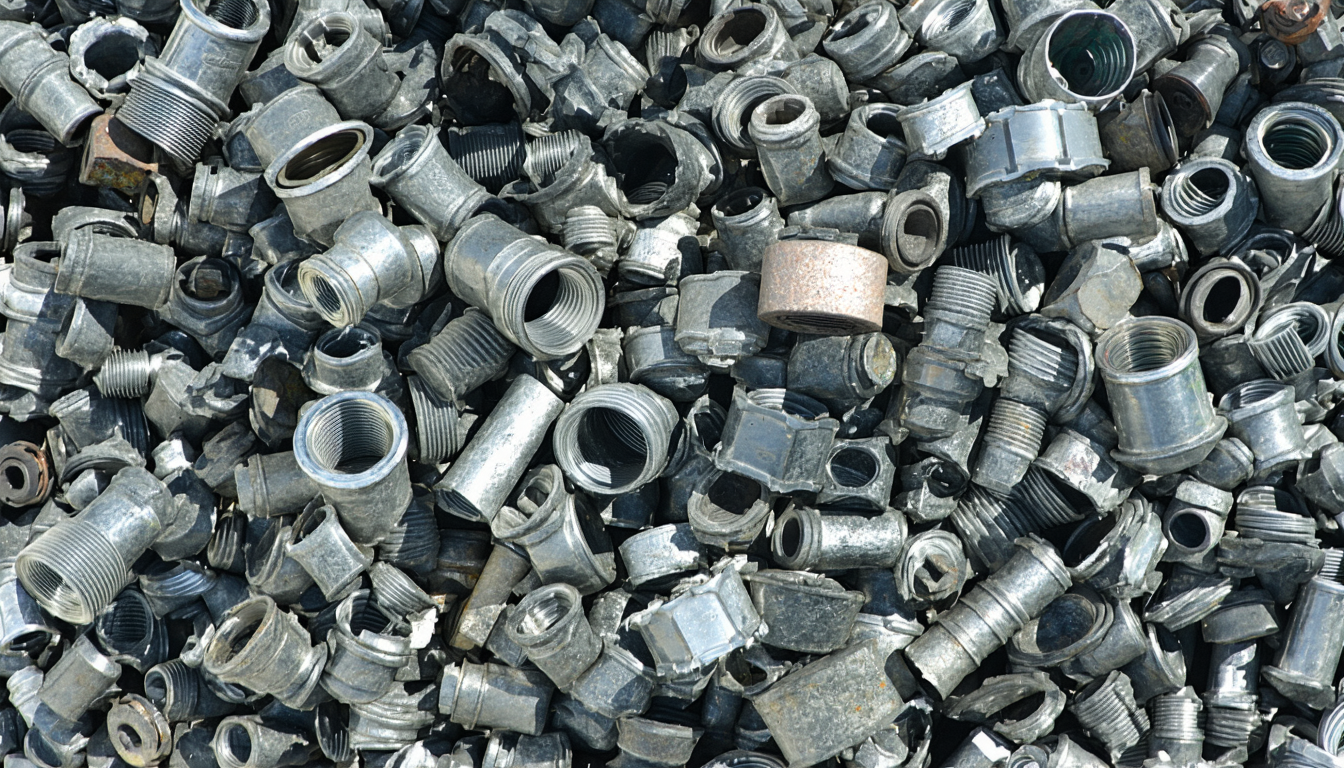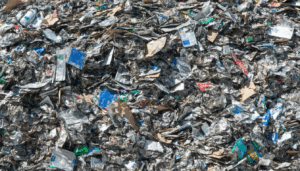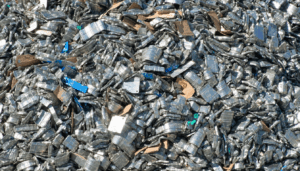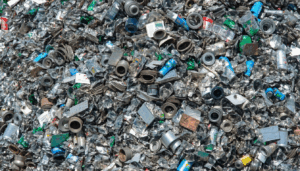In the heart of the United States’ recycling industry, Waccamaw Metal Recycling has emerged as a key player, driving sustainable practices and economic growth. Based in South Carolina, this company has gained attention for its innovative approaches to metal recovery and environmental stewardship. As the demand for recycled materials surges amid global supply chain challenges, Waccamaw Metal Recycling is making headlines with its contributions to a circular economy. This article explores the company’s recent achievements, its impact on local communities, and what lies ahead for this vital sector.
The Rise of Waccamaw Metal Recycling in the U.S.
Waccamaw Metal Recycling, headquartered in Conway, South Carolina, has been operating for over a decade, specializing in the collection, processing, and distribution of ferrous and non-ferrous metals. The company serves a wide range of clients, from individual scrap sellers to large industrial firms. In 2023 alone, it processed over 50,000 tons of metal, contributing significantly to reducing landfill waste and conserving natural resources.
Their state-of-the-art facilities use advanced sorting technologies to maximize efficiency. This commitment to innovation has positioned them as a leader in the Southeast region. Beyond technology, their focus on customer service and fair pricing has built trust among stakeholders.
Economic and Environmental Impact
The significance of Waccamaw Metal Recycling extends beyond profit margins. By recycling metals like steel, aluminum, and copper, the company helps lower the carbon footprint associated with mining and manufacturing. According to the U.S. Environmental Protection Agency (EPA), recycling metal saves up to 75% of the energy required to produce new materials from raw ore.
Local economies also benefit from their operations. The company employs over 100 workers in South Carolina, providing stable jobs in an industry that supports national sustainability goals. “Waccamaw Metal Recycling is not just a business; it’s a community partner,” said John Harper, an industry analyst based in Charleston. “Their work directly supports both environmental targets and job creation.”
Challenges Facing the Industry
Despite its success, Waccamaw Metal Recycling operates in a sector fraught with challenges. Fluctuating global metal prices can impact profitability, as seen in early 2023 when steel prices dropped by 10% due to oversupply concerns. Additionally, regulatory changes at federal and state levels often require costly compliance measures.
Another hurdle is public awareness. Many individuals and small businesses remain unaware of the benefits of recycling scrap metal or how to access services like those offered by Waccamaw. Addressing this gap through education campaigns could unlock further growth for the industry.
Future Outlook for Waccamaw Metal Recycling
Looking ahead, Waccamaw Metal Recycling appears poised for expansion. Industry experts predict that the U.S. recycling market will grow by 5% annually through 2030, driven by increasing demand for sustainable materials. The company has already announced plans to open a second facility in North Carolina by mid-2025, which could create an additional 50 jobs.
Technological advancements will likely play a crucial role in their strategy. Investments in automation and AI-driven sorting systems could further improve efficiency. “The future of metal recycling lies in innovation,” noted Sarah Bennett, a sustainability consultant. “Companies like Waccamaw are setting the standard for others to follow.”
There are also broader implications to consider. As the U.S. pushes toward net-zero emissions by 2050, recycling firms will be integral to reducing industrial waste. Waccamaw’s efforts align with these national goals, potentially positioning them as a model for others in the field.
A Balanced Perspective on Growth
While the benefits of Waccamaw Metal Recycling’s work are clear, some stakeholders express concerns about scalability. Environmental groups argue that even with recycling, metal processing can still produce emissions if not managed carefully. On the other hand, industry advocates emphasize that firms like Waccamaw are far less harmful than traditional mining operations.
Striking a balance between growth and environmental responsibility remains critical. Open dialogue between companies, regulators, and communities will ensure that progress does not come at the expense of sustainability.
Conclusion
Waccamaw Metal Recycling stands as a beacon of progress in the U.S. recycling landscape, blending economic contributions with environmental benefits. From processing thousands of tons of metal annually to creating jobs in South Carolina, their impact is undeniable. As they navigate industry challenges and plan for future growth, their role in supporting national sustainability goals becomes ever more vital. With innovation at their core, Waccamaw is helping shape a greener, more resource-efficient future for all.
Frequently Asked Questions (FAQ)
-
What is Waccamaw Metal Recycling?
Waccamaw Metal Recycling is a South Carolina-based company specializing in the collection and processing of ferrous and non-ferrous metals, contributing to sustainability efforts. -
Where is Waccamaw Metal Recycling located?
Their primary facility is in Conway, South Carolina, with plans for expansion into North Carolina by 2025. -
How does metal recycling benefit the environment?
Recycling metals reduces landfill waste, conserves natural resources, and saves up to 75% of the energy needed to produce new materials, per EPA data. -
What challenges does Waccamaw Metal Recycling face?
Key challenges include fluctuating metal prices, regulatory compliance costs, and limited public awareness about recycling benefits. -
How can individuals support companies like Waccamaw?
Individuals can recycle scrap metal at local facilities, educate themselves on proper disposal methods, and advocate for sustainable practices in their communities.





